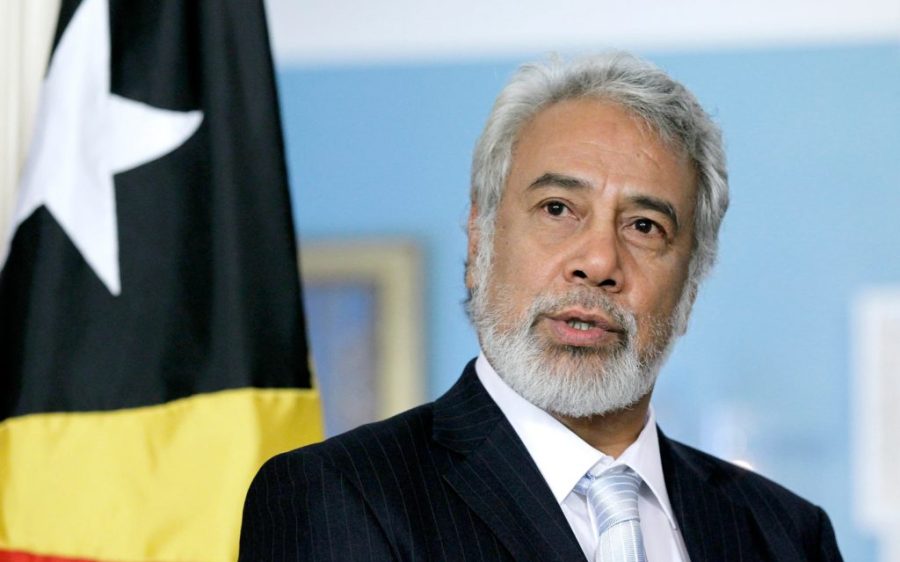During a recent trip to Japan, Timor-Leste Prime Minister Xanana Gusmão signalled that his country is open to Chinese companies as potential partners for the Greater Sunrise offshore natural gas project, according to reports.
Timor-Leste is seeking to develop an offshore liquified natural gas (LNG) project with Australia in the waters between the two countries. At the same time, Dili has elevated its relationship with China, agreeing to cooperate in many areas including the energy sector. Beijing’s potential participation in the Greater Sunrise project has ruffled the feathers of Western powers and their ally, Japan, who compete with China for geopolitical influence.
“When we talk about business, we don’t say we prefer this or that,” said Prime Minister Gusmão, explaining that his country is more concerned with cost and benefits – and not politics – when evaluating partners.
[See more: Timor-Leste and China sign major new agreements]
The Greater Sunrise project, located 150 kilometres south of Timor-Leste, covers an area of nearly 3,000 square kilometres and holds an estimated 5.1 trillion cubic feet of gas and 226 million barrels of condensate, a type of light crude oil typically found with gas.
The multi-billion-dollar project has been stalled for decades by a dispute over maritime boundaries only resolved in 2018. Now the issue is over where the gas will be processed – Timor-Leste, where it can create much-needed jobs, or Australia, which already has the necessary infrastructure in place.
Time is of the essence. Established wells in Timor-Leste are running out and overspending of the sovereign wealth fund has put the country on track to hit a fiscal wall in the next decade. More than 80 percent of the economy depends on government spending to function. Timor-Leste hopes the development of the Greater Sunrise fields will diversify and strengthen its economy – a main driver of any potential partnership with China on the project.






